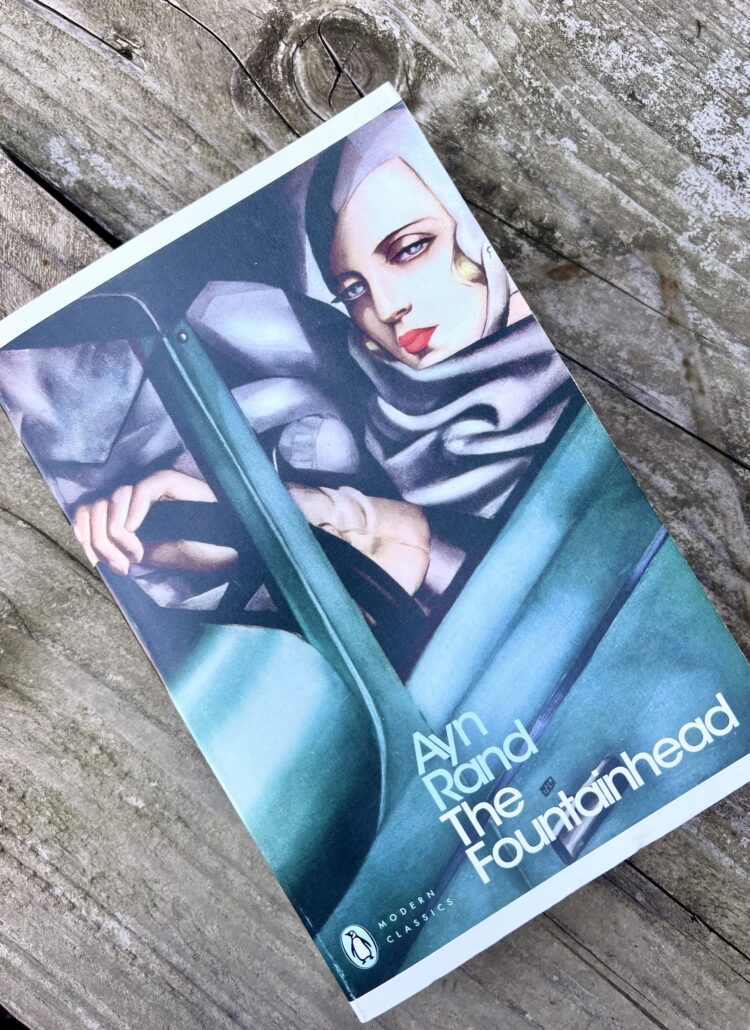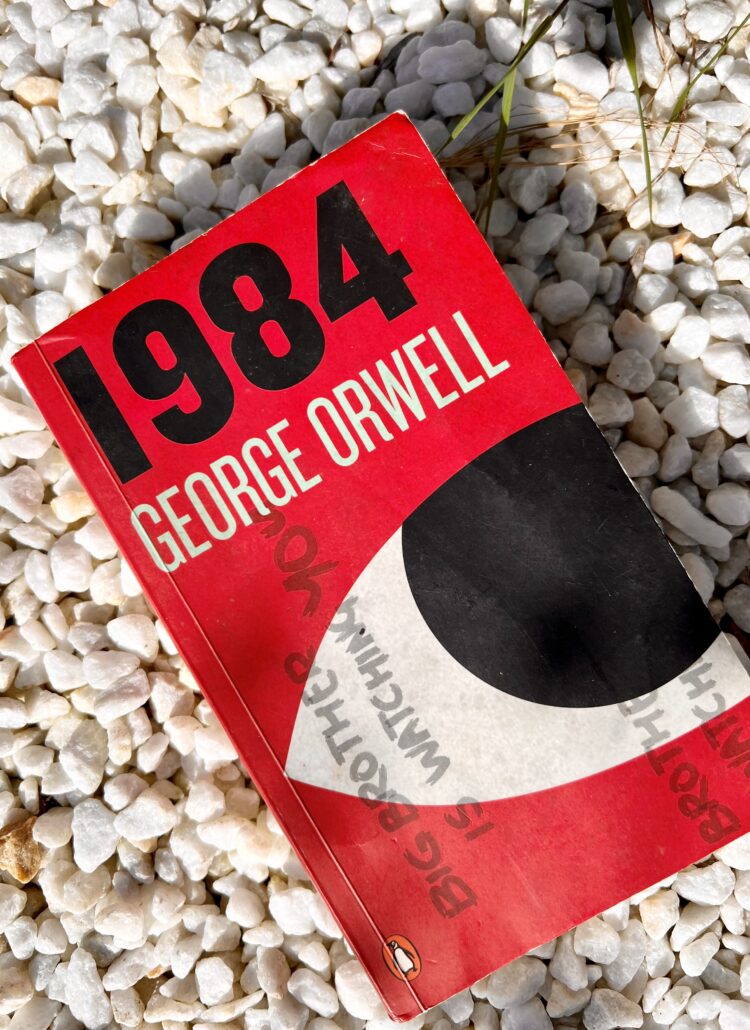“A man’s spirit is his self. That entity which is his consciousness. To think, to feel, to judge, to act are functions of the ego.”
Ayn Rand, The Fountainhead
I read The Fountainhead by Ayn Rand for the first time almost 20 years ago. Back then, it left quiet an impression on me. Talking about this book I always become passionate, quoting all the details, characters, plots and most of all the philosophy. I share this one statement as the biggest testimonial from me. That is, when I read this book for the first time, I couldn’t pick up another one for at least 6 months. That’s it, I think you don’t need to read rest of the review. I’ve also spoken about this book in my post – A few books that influenced my life. Even then, since I decided to write full book reviews now and then, this should be one of the firsts. Now let’s see why I love this book so much –
Star rating
I definitely give a 5 star rating to this book. 🙂
About the author
Ayn Rand was born in February 1902 in Russia. More than an century ago, she became well known for her writing and her philosophy she called Objectivism. It is interesting that we have a Russian born and educated American author in full support of capitalism. She was best known for writing fiction and Atlas Shrugged, We the living and Anthem are her other popular books.
The plot
From a simple narrative sense, The Fountainhead is the story of an Architect Howard Roark who just wants to design buildings and doesn’t like all the politics involved in the process. On a deeper level he sees the simple acts of climbing the career ladder and the façade of social welfare are robbing the world of authenticity. Even though, the story revolves around the main character, all the other key characters are equally worthy of a separate book in my opinion.
The protagonist
The Fountainhead talks about the struggle Howard goes through to be able to design innovative and modern buildings. It starts from the school he is graduating from. He believes in learning about the material, technology and taking inspiration from previous eras like Renaissance. He doesn’t necessarily want to just copy paste. That doesn’t bode well with the school. When he steps in the real world, there’s no appreciation for real talent and sees his fellow students doing better than him because of playing their cards right. Surprisingly though he is not phased with all this because he doesn’t compare himself with others. Just saying that he is confident, doesn’t convey the meaning fully. He seems to understand the reason behind everyone’s motivation and actions. Why they seem successful on the surface but are deeply unhappy internally.
At one point he gives up and doesn’t want to be associated with building anything. Yet, he doesn’t want to giv in to the way the world is operating. Another time he decides to destroy the added distortions to his original design. Gail Wynand, one of his dear friends runs a chain of newspapers. Gail seems to think he is influencing the whole world. When he actually wants to use his assumed power though, he realises it to be pointless. My favourite part of course is the final speech at the courthouse from the hero.
The characters
Besides Howard Roark, the Fountainhead delves pretty deep into other key characters.
- Peter Keating – Roark’s senior in school. Always compares himself with Roark and seeks his validation. He is in architecture school to appease his mother but he is actually interested in painting. Following his mother’s advice, he does become a successful architect and owns one of the biggest firms. Yet, he is unhappy and never sure of his talent for designing buildings.
- Dominique Fancon – Love interest of Howard Roark, Peter Keating and Gail Wynand. She is incredibly intelligent and disappointed with the world. To her anything that is an authentic creation should be hidden away from the world. Because the people are so corrupt they don’t deserve to see anything beautiful. She is conflicted in her feelings for Roark and decides to hate him for the longest time. You should read the book if only to see how she comes to terms with everything and makes peace with the world as it is.
- Gail Wynand – Becomes a friend of Roark and is a very successful business man. Gail is extremely talented and sharp. Like Dominique, he can recognise a true creation but doesn’t believe the world deserves it. He goes on building his private collection of art that is not accessible to anyone. He sees immense value in Roark and becomes very fond of him. Because he believes the world cannot appreciate genuine talent he publishes rubbish in his newspapers. He is running a successful empire by doing so. Towards the end, when he wants to use his power to support Roark, he fails miserably. Ultimately realising he doesn’t have the power he thought he did.
- Elsworth M Toohey – Is spreading the value of altruism but ultimately surfaces as a power seeker. This is one character I hated from the beginning till the end. He is extremely shrewd in manipulating people in following the path of altruism. By doing so he wants to gain power over everyone.
- Steven Mallory – A brilliant sculptor who becomes friends with Roark. Like Roark he is a talented sculptor and creates a brilliant sculpture for Roark for one of his buildings.
My evaluation
The book although fiction, touches the deepest aspects of modern philosophy. Even though it was published almost 80 years ago, the principles, the philosophy is still very much relevant. Especially in today’s climate in my opinion. The book impresses upon the fact that the foundation for any creativity or progress lies in sheer genuine effort of any creator without any ulterior motives no matter how altruistic they may seem.
I admire the character development and depth of each character in the Fountainhead. You are bound to sympathise with each character as they go through the struggle in their heads and lives. The only thing I would say is the strength of character and clarity of thought displayed by the protagonist seems almost impossible to achieve.
Final thoughts
I think I can finish this section in one statement. If you haven’t read The Fountainhead yet, you should do it now without any further delay. You will enjoy this book if you like to read about philosophy and are not repulsed by challenging opinions
Until next week. Ciao!




